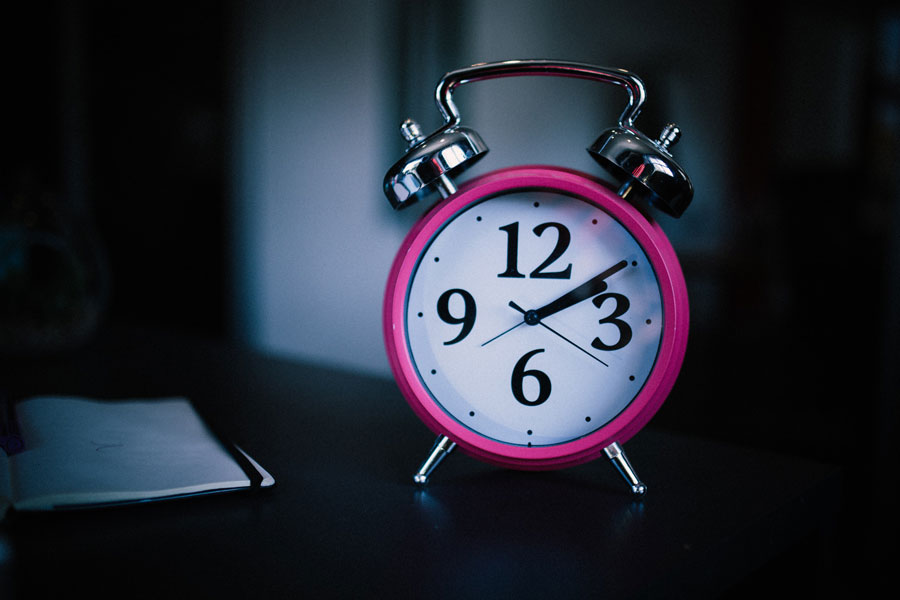
A good night’s sleep – a key to work productivity
May 17, 2021
Will 2021 be a record year for insurtech innovation?
May 18, 2021As a business that performs a lot of technical development work, Aquarium knows the advantages that entering a state of distraction-free working offers. Sometimes known as deep work, this can extremely productive.
What is deep work?
Deep work is an act of completely immersing yourself in a challenging task without any distractions. Coined by Cal Newport, a US author and professor, deep work denotes a state where workers are free from interruptions and able to concentrate solely on complex cognitive tasks. The issue is usually that nobody’s day is entirely taken up by complex tasks; more likely there will be a series of small (and potentially inconsequential) jobs that steal away time. Newport refers to these tasks as ‘shallow tasks’, and they encompass answering emails and admin. These can create an illusion of being busy, but in fact, lead to little overall achievement – the opposite of deep work.
What are the benefits of deep work?
By achieving deep work, employees open themselves up to a host of work and personal benefits. These include
- Improved job satisfaction and self-esteem.
- New skills.
- Career progression.
- Feelings of pride and worth.
Deep work helps people learn and complete tasks faster and to a higher standard. And this can also transfer into personal life.
How to achieve deep work?
Below are some tips on achieving a state of deep work:
Schedule time for deep work – if there is a significant task lined up, plan for it. Ring-fencing blocks of time (Newport recommends no more than four hours in a day), enables the best chance of being prepared to sit down and focus.
Switch off all distractions – the biggest barriers to deep work are distractions. Shutting down all lines of communication creates the right environment to get things done. Search for apps and browser extensions that can do this – or try some workplace mindfulness.
Step back and review – regular tracking of performance enables better evaluation of achievements and the ability to make changes to a deep work routine.
Deep work is not always easy to achieve, but creating an environment that enables people to enter a distraction less state could deliver significant benefits. To find other ways of boosting productivity at work, visit our blog and discover more of tips and advice.





